Shopping for a mortgage can be exciting, but it can also be confusing when you see a low advertised rate online, only to be quoted a different rate when you apply. While this can be frustrating, there are several reasons why your actual mortgage rate may differ from what you initially expected. The good news is that understanding these factors can help you make informed decisions and secure the best possible rate for your financial situation.
APR vs. Interest Rates
If you’re gearing up to dive into the world of real estate, there are a few key terms you’ll want to wrap your head around before taking the plunge. Today, we’re demystifying APR and interest rate, two crucial concepts that can impact your home-buying journey. Don’t worry, I’ll break it down in simple terms so you can confidently navigate the process like a pro.
The Impact of Interest Rate Changes on Your Mortgage Payment Over Time
When it comes to mortgages, interest rates play a crucial role in determining your monthly payments and the total cost of your loan. While fixed-rate mortgages offer stable payments, adjustable-rate mortgages (ARMs) can fluctuate with market conditions, leading to significant variations in your financial obligations over time.
How Do Mortgage Points Cut Your Interest Costs?
Those who are involved in the real estate industry likely know that mortgage rates are at an all-time low. At the same time, nobody wants to pay more for a house than they have to. Some of the most important factors that dictate how much someone is going to pay for a house include points and interest rates.
APR vs. Interest Rates
If you’re gearing up to dive into the world of real estate, there are a few key terms you’ll want to wrap your head around before taking the plunge. Today, we’re demystifying APR and interest rate, two crucial concepts that can impact your home-buying journey. Don’t worry, I’ll break it down in simple terms so you can confidently navigate the process like a pro.
- 1
- 2
- 3
- …
- 29
- Next Page »


